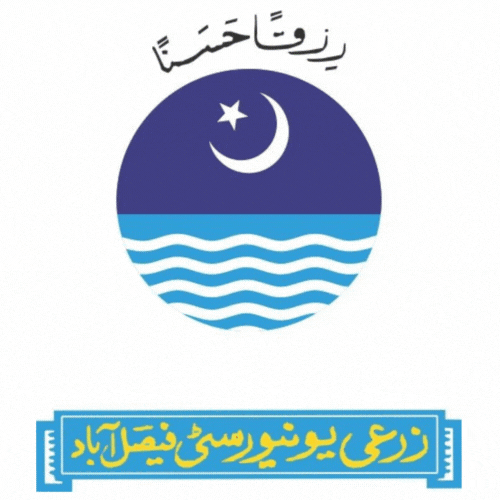“Advancing Research Competence: Writing, Submission and Peer Review Excellence”.
FAISALABAD Mar 02: Strong research writing not only reflects intellectual rigor but also strengthens global academic ranking ...

The foundation stone of UAF was laid in 1906 with the name of Punjab Agricultural College and Research Institute, Lyallpur which was upgraded as the West Pakistan Agricultural University, Lyallpur in 1961 and now the University of Agriculture, Faisalabad since 1973. In the 21st century, UAF will push across the frontiers of knowledge to create, in service to the public, unique interdisciplinary programs of teaching, research, and outreach essential for agricultural and rural development. UAF will become an exemplar of a university that prepares citizens as work force and for leadership in a diverse, global and technology-driven environment.
For a knowledge-based economy, the university becomes a key element of innovation systems both as a creator of new knowledge and ideas based on research, and as a provider of human capital. The purpose of the Vision 2050 Strategic Framework is to articulate an action plan that defines a path to elevate UAF's position as one of the internationally recognized research universities and a gateway to knowledge for agricultural and rural development in Pakistan. It provides the overarching themes for more detailed plans that will be based on imperatives current for the time and that will shape strategic thinking during the respective planning cycles in the future years.
The University of Agriculture Faisalabad (UAF), Pakistan traces its legacy and history back to 1906 as The Punjab Agriculture College and Research Institute, evolving into university in 1961, with its roots in the early days of canal colonies that played a vital role in ensuring food security in a famine-prone region. It is a prestigious place, where I completed my higher education and started my career. I deeply admire the excellence, diversity, innovation and the bold visions of this university. With a vision and mission focused on food security, agriculture, rural development, innovation, and technology, the UAF is quintessentially contributing to advancing teaching and research excellence, and a knowledge-based economy. The UAF is a hub of excellence, with a diverse array of cultures and innovation beyond disciplines. Being in an agricultural country, we are committed to addressing global challenges: food security, climate change, water conservation, sustainable agriculture, economic development and social equality. Due to the evolution in the global landscape, our major focus is on agricultural ...
Prof. Dr. Zulfiqar Ali
Check out happings at UAF Events, News, Stories and essential announcements
FAISALABAD Mar 02: Strong research writing not only reflects intellectual rigor but also strengthens global academic ranking ...
FAISLABAD Feb 26: One out of four university students are exposed to extrem...
FAISALABAD February 26: Experts at UAF on Thursday called for enhancing dom...
FAISALABAD Feb 25: As the global textile industry faces increasing pressur...